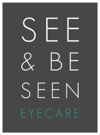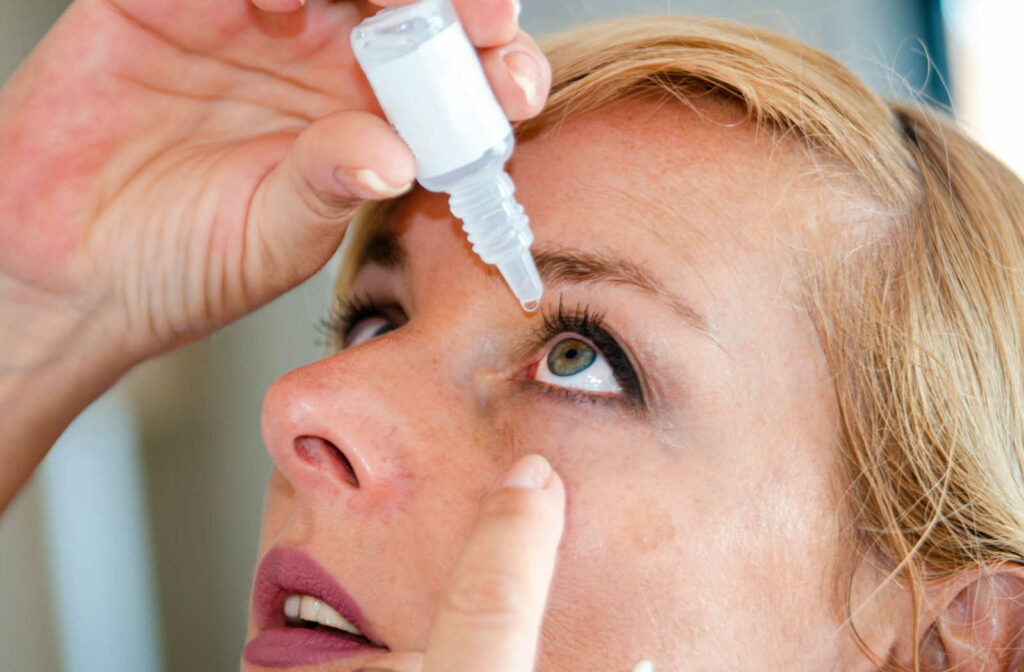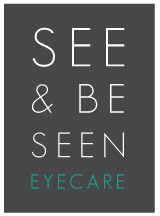Living with allergies can be challenging, especially in managing symptoms that affect your daily life. Allergies that affect your eye health can manifest with itchiness, redness, and irritation.
Eye exams aren’t only for vision correction. They can also assess ocular health and help your eye doctor recommend the appropriate treatment for your needs.
You don’t have to live with uncomfortable symptoms related to allergies. Fortunately, numerous eye drops can provide much-needed relief, such as antihistamines and eye drops targeting multiple symptoms.
Whether you suffer from seasonal allergies, pet dander sensitivity, or other common allergens, there are effective eye drops that can help you find relief and soothe your eyes.
Allergies & Your Eyes
When most people think of allergies, their immediate thoughts may include sneezing, a runny nose, and congestion. However, allergies can also significantly impact the eyes.
Apart from the above, symptoms of allergies can also include:
- Itching
- Burning eyes
- Red eyes
- Swelling or puffy eyelids
- Excessive tearing
Understanding the connection between allergies and your eyes is essential to finding solutions to alleviate these uncomfortable symptoms. So, what are eye allergies?
Eye allergies, or allergic conjunctivitis, occur when the mast cells in your eyes come in contact with substances that trigger an allergic reaction. These substances, known as allergens, can include:
- Pollen
- Pet dander
- Dust mites
- Mould
- Smoke
When your body encounters a foreign invader, such as bacteria or viruses, your immune system promotes changes in the body to fight them. When your eyes get exposed to allergens, your immune system mistakes them for intruders, and the mast cells release histamine and other chemicals.
Histamine causes the blood vessels to dilate. This results in uncomfortable symptoms such as itching, inflammation, watery eyes, and irritation.
Treating Eye Allergies
The most effective way to prevent eye allergies is to avoid the allergen. However, since this is not always possible due to regular contact with seasonal allergens, there are eye drops you can use. Using specific over-the-counter or prescription eye drops usually depends on the following:
- What causes your allergies
- The severity of your symptoms
- Active ingredients
- How often you need to use them
- How long the effects last
Antihistamine Eye Drops
These eye drops contain ketotifen, pheniramine, and olopatadine, which are antihistamines applied directly to the eyes. They block the substance histamine to provide quick relief from symptoms.
Anti-Inflammatory Eye Drops
These eye drops contain either antihistamines or nonsteroidal anti-inflammatory drugs (NSAIDs). NSAIDs are prescription eye drops and include ketorolac (Acular, Acuvail). Steroid drops also help put the fire of allergies out. Both NSAIDs and steroid drops are only available via a prescription from your eye doctor.
Decongestant Eye Drops
Some decongestant eye drops contain naphazoline to help relieve red eyes from irritation. They do this by narrowing the blood vessels in the eyes. However, they’re not recommended for long-term use.
Lubricating Eye Drops
Antihistamine eye drops can dry out your eyes as a side effect. Artificial tears or saline eye drops can help lubricate and calm the irritation.
Other lubricating eye drops can contain carboxymethylcellulose and glycerin, known as ophthalmic lubricants, to lock in the moisture in your eyes. Hypromellose and polyethylene glycol also help provide relief for irritated or dry eyes.
One example of artificial tears is Hylo Dual. These tears are preservative and phosphate-free and can provide dry eye relief caused by allergies. These eye drops can help protect the cell membranes from contact with allergens to reduce inflammation. They are also safe to use with contact lenses.
Some eye drops have multi-symptom relief ingredients, such as an antihistamine and a redness reliever. Speak to your eye doctor before taking any over-the-counter allergy-relieving eye drops.
If you’re a contact lens wearer, it’s recommended to remove your contact lenses, use the eye drops, and wait for 15 minutes before inserting them in your eyes. Ask your doctor for eye drops that are safe to use with contact lenses.
When to See Your Eye Doctor
If you’re taking eye drops for allergies and they work, this could be all you need for relief. However, visit your eye doctor if:
- Your symptoms remain or worsen after 72 hours of using eye drops
- You have a weak immune system and develop an eye allergy
- You develop new symptoms, such as eye pain, intense redness, light sensitivity or blurry vision that doesn’t improve
- Your newborn shows symptoms of an eye allergy
Relief from Itchy, Red, Irritated Eyes
Living with eye allergies can be frustrating, but symptom relief is within your reach with the right eye drops. Various over-the-counter and prescription eye drops can effectively alleviate itching, redness, and irritation caused by allergies.
The ingredients and effectiveness of eye drops can vary in individuals. We advise speaking to your eye doctor before starting new eye drops, especially if you have underlying eye conditions, are taking other medications, or wear contact lenses.
Book an appointment with See & Be Seen Eyecare to find the right eye drops for your needs and bid farewell to the discomfort of eye allergies.





